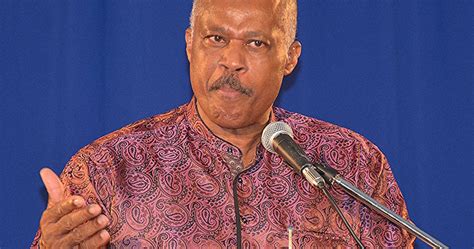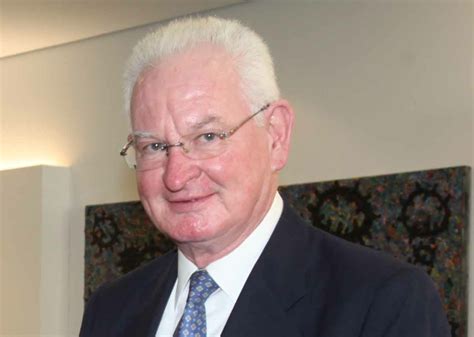A Quote by Angela Davis
The de industrialization of the US. economy based on the migration of corporations into third world areas where labor is very cheap and thus more profitable for these companies creates on the one hand conditions in those countries that encourage people to emigrate to the US. in search of a better life. On the other hand, it creates conditions here that send more black people into the alternative economies, the drug economies, women into economies in sexual services, and sends them into the prison industrial complex.
Quote Topics
Alternative
Areas
Based
Better
Better Life
Black
Black People
Cheap
Companies
Complex
Conditions
Corporations
Countries
Creates
Drug
Economies
Economy
Encourage
Hand
Industrial
Industrialization
Labor
Life
Migration
More
Other
People
Prison
Profitable
Search
Send
Sends
Services
Sexual
Them
Third
Third World
Those
Thus
Us
Very
Women
World
Related Quotes
Growing economies are critical; we will never be able to end poverty unless economies are growing. We also need to find ways of growing economies so that the growth creates good jobs, especially for young people, especially for women, especially for the poorest who have been excluded from the economic system.
Canada is lucky enough to be protected both by oceans and by a southern neighbor that is very careful about its migration and its borders. So, we don't have the irregular flow that Europe has been having to deal with. But because of that, people here have seen that welcoming people, helping them to integrate, is actually a tremendous benefit to local economies. It creates jobs, innovation and opportunity. One of the things that comes with that, though, is stemming the flow of irregular migration. But you can't just create barriers - you also have to work with the countries of origin.
One of the reasons that so many people of color and poor people are in prison is that the deindustrialization of the economy has led to the creation of new economies and the expansion of some old ones – I have already mentioned the drug trade and the market for sexual services. At the same time, though, there are any number of communities that more than welcome prisons as a source of employment. Communities even compete with one another to be the site where new prisons will be constructed because prisons create a significant number of relatively good jobs for their residents
The prison-industrial complex employs millions of people directly and indirectly. Judges, prosecutors, defense attorneys, prison guards, construction companies that build prisons, police, probation officers, court clerks, the list goes on and on. Many predominately white rural communities have come to believe that their local economies depend on prisons for jobs.
You can read Windrush as a morality tale, but it is about the future of black people in the Caribbean. Where next will they want us to labour? Where is the next place they will take us? Why do we not focus on building our own economies and societies? We need to put all hands on deck to get our economies to function at a higher level.
In the model that we grew up with, governments rule physical territory in which national economies function, and strong economies support hegemonic military power. In the new model, already emerging under our noses, economic decisions don't pay much attention to national sovereignty in a world where more than half of the one hundred or two hundred largest economic entities are not countries but companies.
One of the most striking trends, since at least the 1960's, has been for employment in services to grow far more rapidly than employment in manufacturing. It is this trend that has led to the view that developed economies have become de-industrialized and that they are now effectively service economies.
We have established the Customs Union and the Eurasian Economic Union not by force, but through a compromise. It was a challenging, complicated, multi-year process based on agreement, compromise and mutually acceptable conditions in the hope of creating for our economies and for our people better competitive advantages in the world markets and in the world as a whole.




































